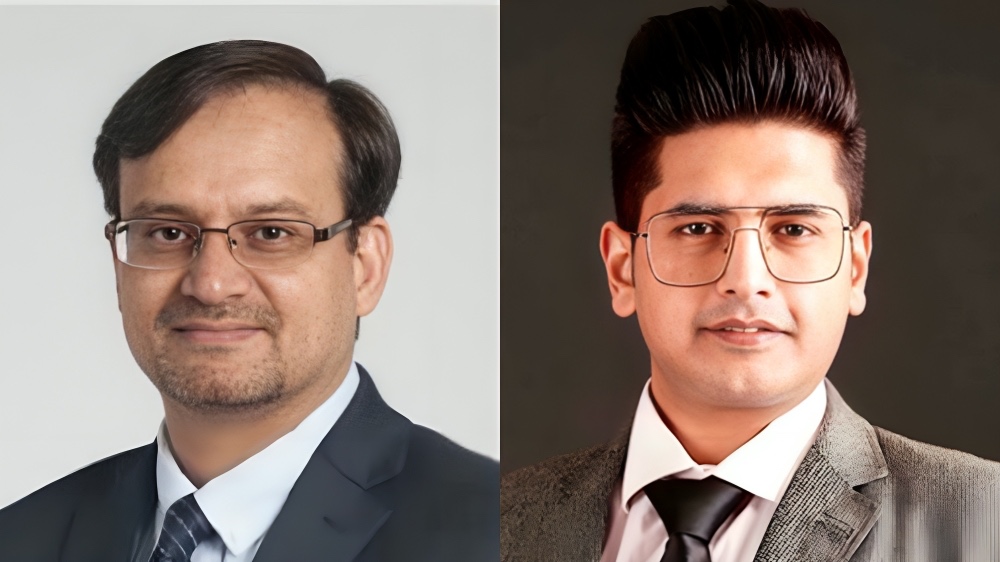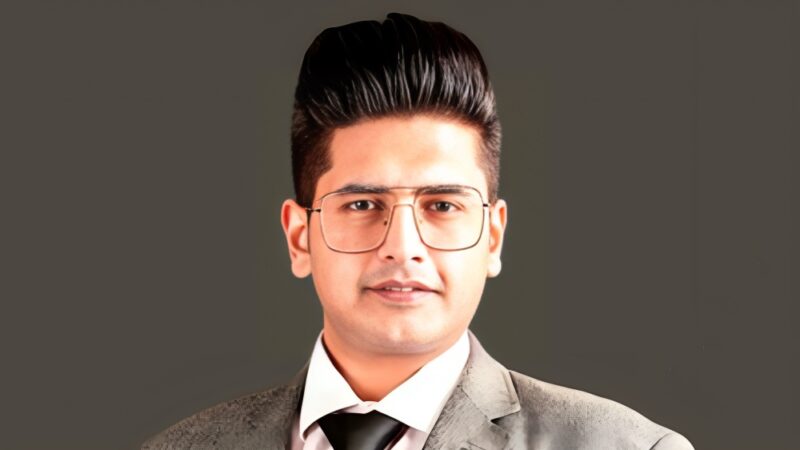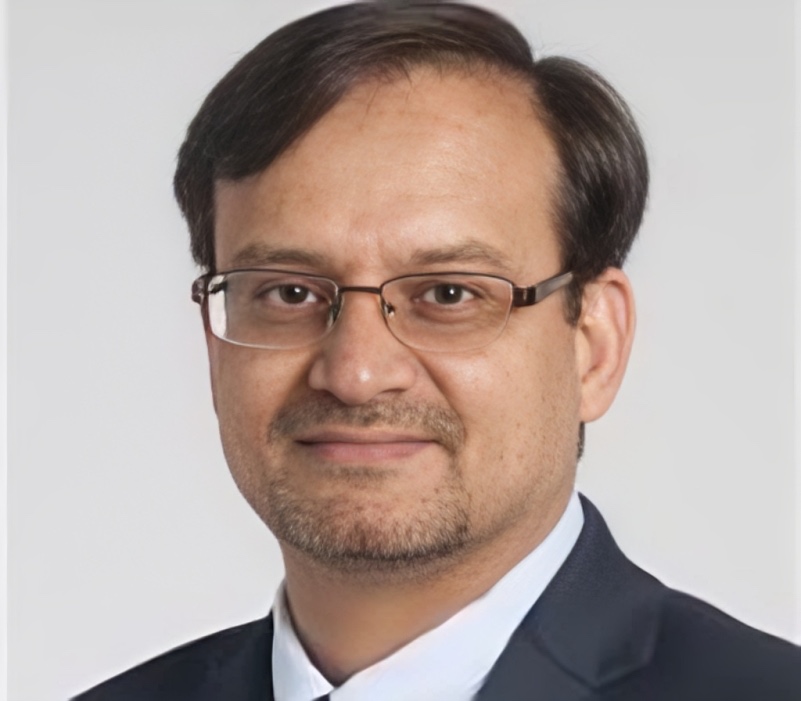
Historical Perspective of Allogeneic Hematopoietic Stem Cell Transplantation for Multiple Myeloma
An article authored by Asfand Yar Cheema, Faiz Anwer and colleagues was published on Acta Haematologica.
Historical Perspective of Allogeneic Hematopoietic Stem Cell Transplantation for Multiple Myeloma
Authors: Muhammad Faisal Aslam, Asfand Yar Cheema, Daniyal Shahid, Bibi Maryam, Debduti Mukhopadhyay, Mishaal Munir, Ali Najam, Hossam M. Ali, Qaiser Bashir, Faiz Anwer
“Historical Perspective of Allogeneic Hematopoietic Stem Cell Transplantation for Multiple Myeloma”, provides a comprehensive review of the evolution, challenges, and current role of allogeneic hematopoietic stem cell transplantation (allo-SCT) in treating multiple myeloma (MM).
Key Highlights and Optimistic Insights:
1. Evolution of Allo-SCT in MM Treatment
Historically, allo-SCT was considered a potential curative therapy for MM, leveraging the graft-versus-myeloma (GVM) effect. However, its widespread adoption was limited due to high rates of transplant-related mortality (TRM), graft-versus-host disease (GvHD), and frequent relapses. Advances in novel therapies, such as CAR-T cell therapy and bispecific antibodies, have since reshaped the MM treatment paradigm, reducing reliance on allo-SCT.
2. Current Role and Emerging Potential
Although current guidelines do not recommend allo-SCT for newly diagnosed MM, it remains a viable option for select high-risk, relapsed, or refractory MM (RRMM) patients, particularly in clinical trial settings. Importantly, reduced-intensity conditioning (RIC) regimens and alternative donor sources, including haploidentical transplants, have significantly lowered toxicity and TRM while improving accessibility.
3. Advances and Future Directions
• Improved Conditioning Regimens: The introduction of RIC protocols has mitigated complications associated with traditional myeloablative approaches, making allo-SCT safer.
• Enhanced Post-Transplant Strategies: Advances in maintenance therapies and GvHD prophylaxis have improved long-term outcomes.
• Combination with Novel Therapies: Ongoing research explores the integration of allo-SCT with BCMA-directed therapies and next-generation immunotherapies to optimize disease control.
While allo-SCT is not the standard treatment for MM, its potential remains significant, especially for patients with limited treatment options post-CAR-T failure. Continuous innovation in transplantation strategies, combined with novel immune-based therapies, offers renewed hope for long-term remission in high-risk MM patients. Future clinical trials will be pivotal in refining the role of allo-SCT within an evolving therapeutic landscape.
This review underscores the importance of sustained research efforts in developing safer, more effective allo-SCT protocols, ultimately striving toward a future where MM becomes a truly manageable and even curable disease.
About Asfand Yar Cheema

Asfand Yar Cheema, MD is an Internal Medicine Resident at Cleveland Clinic Foundation/Fairview Hospital, President ASCO OSIG CCF FV, Founder of Ask a Doctor, Aspiring Hematology and Oncology. Interested in Medical Education, Research and Patient Care.
About Faiz Anwer

Dr Faiz Anwer, MD is a Professor of Medicine , oncologist, physician-scientist, and stem cell transplant staff physician working at the Taussig Cancer Center of Cleveland Clinic. His clinical practice focus is to provide quality care to his patients with plasma cell disorders, and scientifically, making efforts on improving their treatment through clinical trials, preclinical drug development, and translational research.
The major focus of his clinical research is to explore and improve the efficacy of therapeutics in adults with hematologic malignancies especially for the treatment for plasma cell disorders such as multiple myeloma and amyloidosis. Our group is advancing science through therapeutic clinical trials, help develop immunotherapy, cellular therapy, and collaboration with laboratory scientists to identify novel ways to improve the efficacy of current therapy.
-
Challenging the Status Quo in Colorectal Cancer 2024
December 6-8, 2024
-
ESMO 2024 Congress
September 13-17, 2024
-
ASCO Annual Meeting
May 30 - June 4, 2024
-
Yvonne Award 2024
May 31, 2024
-
OncoThon 2024, Online
Feb. 15, 2024
-
Global Summit on War & Cancer 2023, Online
Dec. 14-16, 2023
